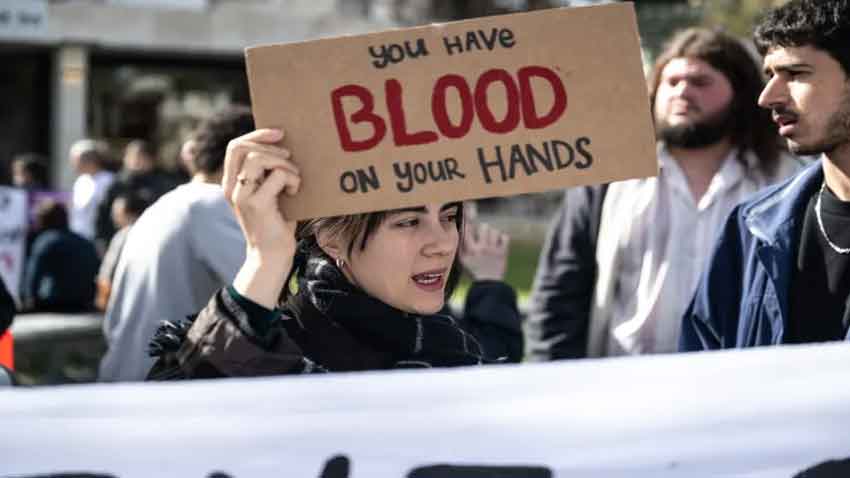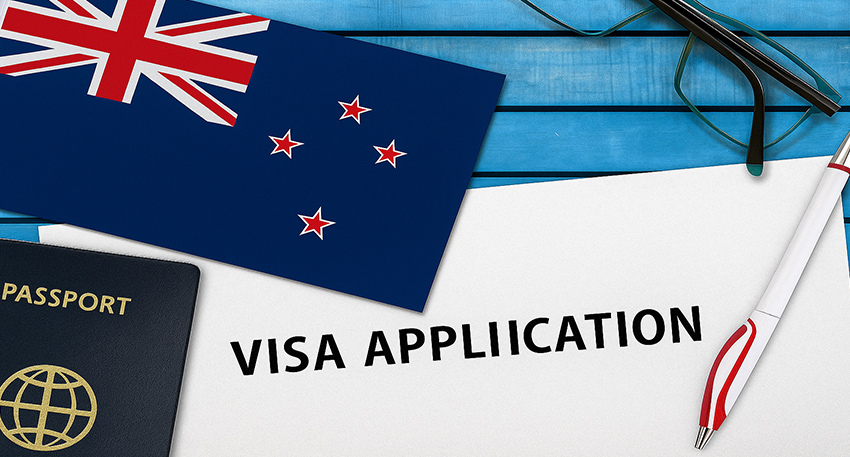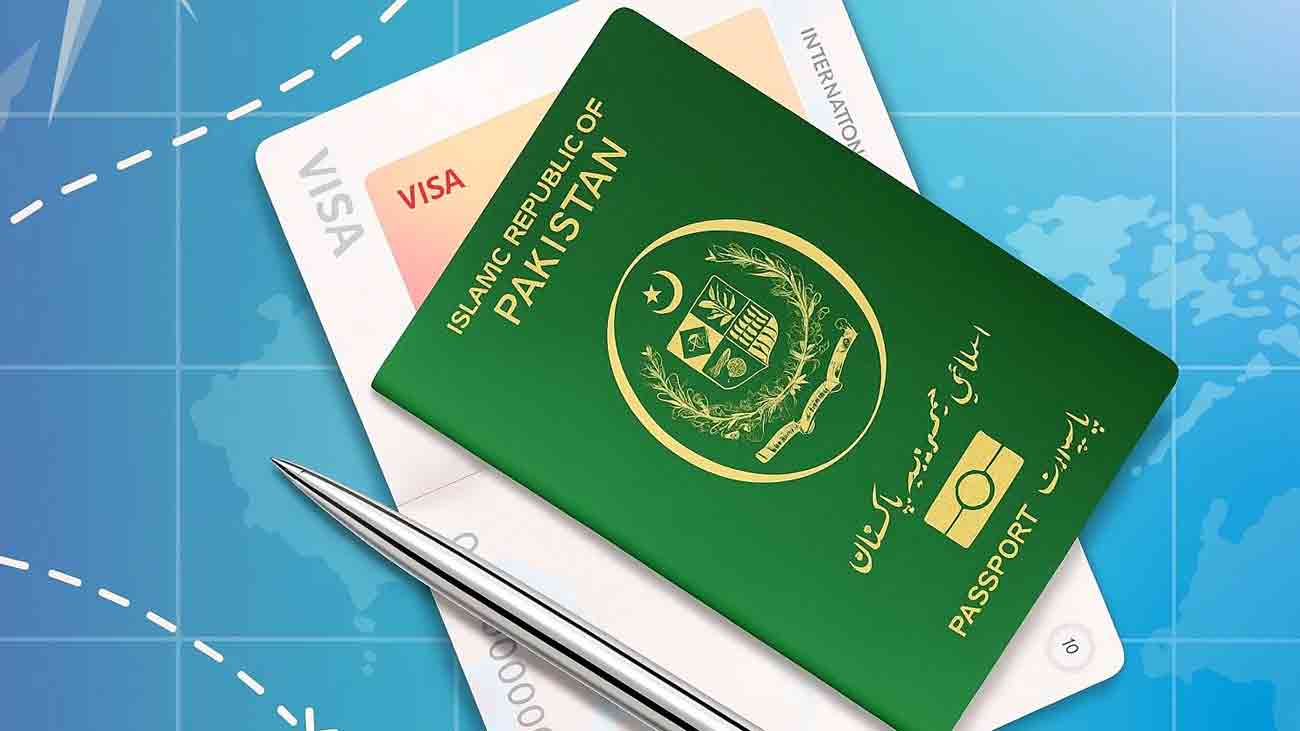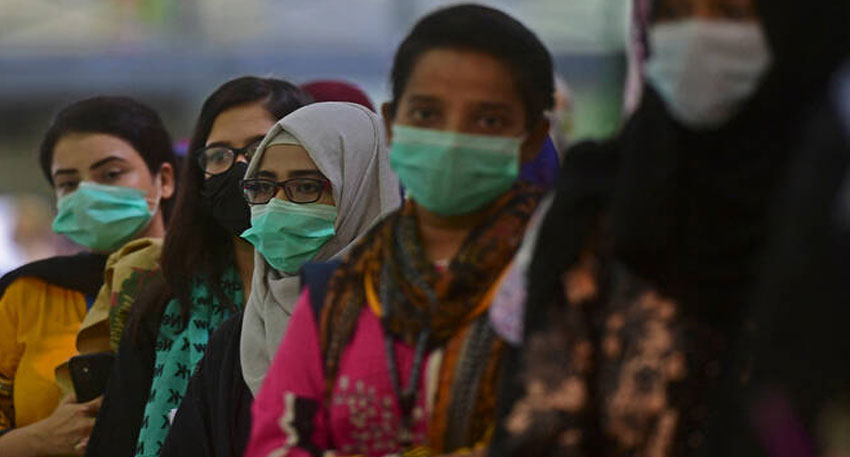
Hamas and Israel are wrangling over the details of a potential ceasefire agreement, with the Palestinian group telling news agencies it has approved a list of 34 captives presented by Israeli authorities to be released as part of the first phase of that deal. Israel says Hamas has yet to provide a list of the captives, Al Jazeera reported.
The toll of Gaza’s war isn’t just measured in destruction and displacement, but also in the loss of critical community members, detained without charge.
Doctors, teachers, and other ordinary citizens have been detained or forcibly disappeared, leaving families in anguish and vital services strained.
Al Jazeera’s Hani Mahmoud spoke to Palestinians in Deir el-Balah, whose lives have been disrupted by the arrest of their family members.
The army said the two soldiers were part of the Nahal Brigade, one of the Israeli military’s five infantry brigades, and were injured in battle.
For its part, the Qassam Brigades, the military wing of Hamas, said that its fighters had targeted two Israeli Merkava tanks with two explosive devices west of the Jabalia camp in the northern Gaza Strip.
Israel has laid siege to northern Gaza for more than 90 days, putting Palestinians under constant bombardments and denying them the right to their homes, food, water, medical support and safe travel.
The Lebanese army says in a statement that its units have finished stationing around Naqoura-Tyre in coordination with the United Nations Interim Force in Lebanon (UNIFIL). Naquoura is in the far south of Lebanon on its border with Israel.
This came amid a meeting of the five-member committee that supervises the ceasefire agreement reached between Hezbollah and Israel. The senior adviser to US President Joe Biden, Amos Hochstein, led Washington’s delegation in the Ras an-Naqoura meeting, the army said.
The Lebanese army added that Israeli military forces withdrew from the area, and also released images of its forces joined by UN peacekeepers.
This comes amid ongoing violations of the ceasefire agreement by Israel, which has been launching deadly attacks and demolishing homes in southern Lebanon.
The Israeli newspaper Haaretz is reporting that the relatives of Israeli captives have criticised Prime Minister Benjamin Netanyahu for promoting a partial ceasefire proposal that would secure the release of only some of the Israeli captives held in the Gaza Strip.
The paper said statements were made at a press conference hosted by the Hostage and Missing Families Forum.
Haaretz quoted Yaron Or, the father of 30-year-old Avinatan Or, saying, “My son is being left behind. That’s what the prime minister decided. He decided that it was better not to decide”.
“These are just a few living hostages. Hamas decided in advance to free them, and not for free… I say to all of Israel, after this little deal, there won’t be another one,” he is quoted as saying.
PM Netanyahu’s office says he held a situation assessment about the occupied West Bank in light of the Funduq shooting, with participation by top military and security officials.
“The prime minister approved the operations to apprehend the terrorists and bring them to justice, as well as a series of additional offensive and defensive actions in Judea and Samaria,” the office said in a short statement.
Israeli forces have been increasing their presence in the occupied territory, but Netanyahu’s office did not provide further details.
Alon Liel, a former director general of the Israeli Foreign Ministry, spoke to Al Jazeera about the attitude of younger generations in Israel towards the war on Gaza.
“They’re accepting the fact that there is no alternative to fighting, and this is the majority, especially the young people today,” he said.
He added that as part of the older generation in Israel, he can remember a time when even the right wing used to say they wanted peace.
“Now young people … say we don’t want peace. We will not benefit from peace,” he noted.
Liel said that he believes it is “a very dangerous attitude that is developing” and there needs to be “a very fundamental change in the thinking of Israel, and maybe a fundamental change in the attitude of the international community to the conflict, too”.




